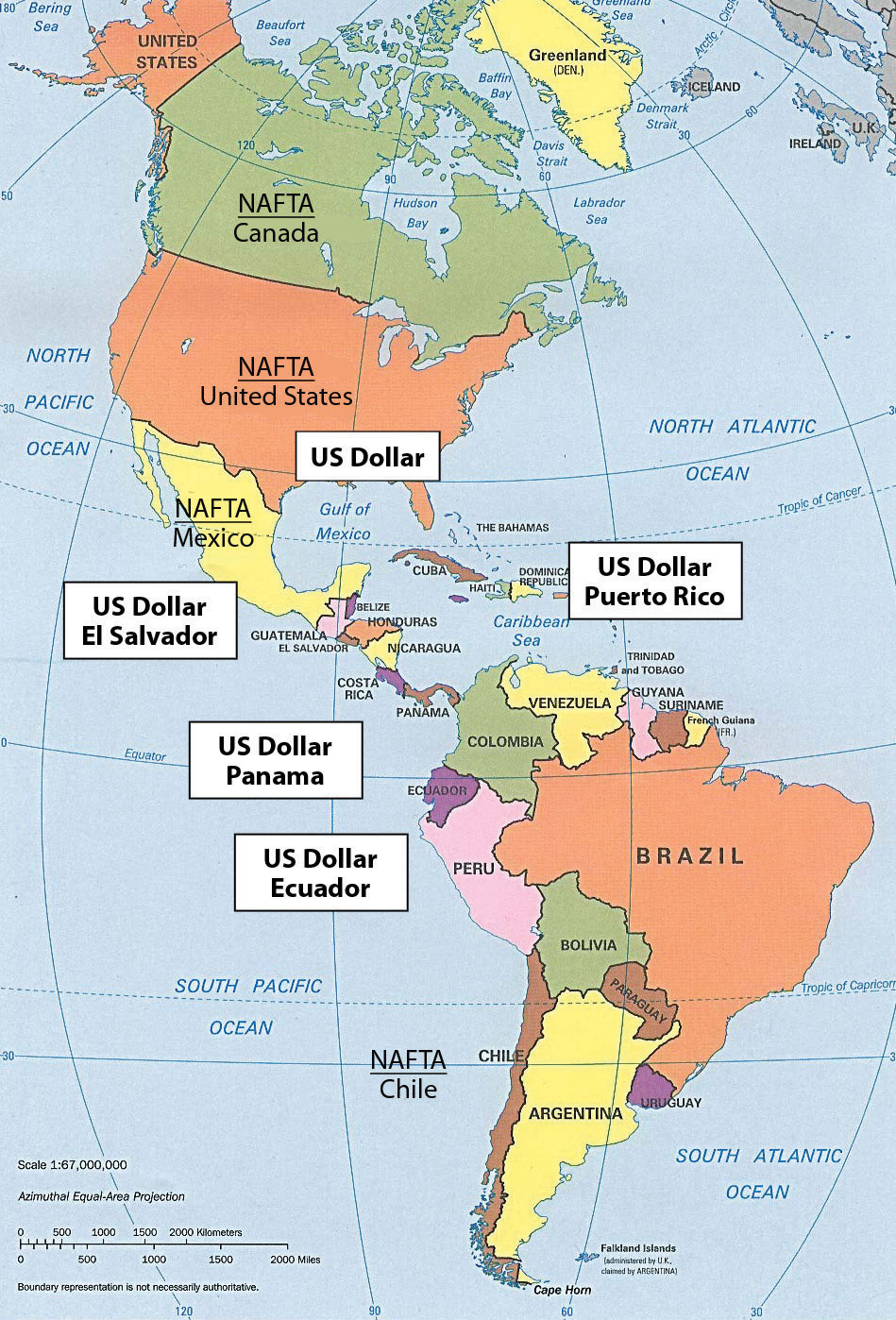Lord Sovereign
The resident Britbong
The crayon eaters being given that sort of hardware puts the fear of God into my heart.The Marines have just been given tommahawks, were going to see what they do with their new toys.
The crayon eaters being given that sort of hardware puts the fear of God into my heart.The Marines have just been given tommahawks, were going to see what they do with their new toys.
I'm glad you finally found religionThe crayon eaters being given that sort of hardware puts the fear of God into my heart.
The crayon eaters being given that sort of hardware puts the fear of God into my heart.
Seems to me containerized Tomahawks on a truck could go a lot of places. Wonder how many you could fit in something like a Hilux.
I mean the Hilux technical tree has every other version, why not a 1-2 Tomahawk launcher.
This is a resurrection of that in mini form.Make them look like a normal shipping container and hey howdy you could have a semi loaded with them driving down a highway with no one the wiser.




TBH innovation was not done much by cheap labor or industries reliant on it. Japan, Taiwan and Israel do a lot of innovation without cheap labor, Pakistan, Bangladesh and Vietnam don't, and neither do all the MENA countries with more money than sense and half starved neighbor's cheap labor at their call.More specifically the flush of free money and cheap labor that were necessary to artificially strong-arm innovation is drying up, so the invention factories that make up the groundwater of the tech industry are beginning to shrivel. I'm less worried about actual all-around innovation since the Renaissance was partially set off by a drastic shrinking in the labor pool forcing the economies of Europe to start finding better ways to use their increasingly expensive and obstinate labor.
Until someone else (probably China) starts getting close to doing something similar.Predicting innovation over the next decades has so very many caveats.
Take space for example. The US military is not going to allow any US launch provider to launch something like Starlink for any foreign entity (corporate or government, allied or not). The mega constellations are going to be limited to basically SpaceX and the DoD, with Amazon being allowed to play if they succeed in the launch game. The national security issues tied to just Starlink, much less what a properly militarized mega constellation would be, are massive.
For that to happen it would take major advances in technical simulation software, to a point where prototypes are optional, and then plugging the AI into that program to validate its designs. AI as it stands now works best in "throw shit at the wall and see what sticks" paradigms, but the "see what sticks" part is more challenging as AI can generate a lot of shit quickly, vast majority of it not being very good, if passable at all.The big innovation area that Zeihan is overlooking/not mentioning is what AI is going to do to innovation.
Turning an idea into a finished, operationalized, product is a really complicated and expensive process but it is also one that is basically a solvable problem. When you can go to an AI and say "I want a car that meets these criteria and the entire process of producing that design at scale.", things change. And that? It's going to be reality within a decade or two at the outside.
Possibly, could spread in a very uneven ways in specific industries and even specific technological processes, as 3d printing works well with some materials, and not really with others, so it would be limited to products where using the 3d printing friendly materials will not be a meaningful sacrifice in performance or pricing.Another big sleeper technology is industrial 3d printing and automated, general purpose, factories that can produce a very wide gamut of designs at moderate scale. Say that you want a computer case, a desk, a lamp, and a chair that are all matching and are all custom designed to meet your specifications/needs. Well give it ten years or so and you can just log into a website, use AI tools to get exactly what you want designed in a few minutes, have the services AI to all of the work to turn those designs into finished products, send those blueprints to a factory that will make your items, and then ship them to you all without any human intervention needed and in a matter of days at a price point the same or than what you would spend for generic items at the store today.
No one else is anywhere near the ballpark. And in the case of China they are running headlong into what is likely total governmental collapse and is practically guaranteed to be near total economic collapse. China will cease to play in the space race long before they match what SpaceX can do today, much less what Starship promises.Until someone else (probably China) starts getting close to doing something similar.
It depends on the field and what idea you are trying to develop. The biggest issue at the moment is actually in data entry. You need to be able to feed the AI a massive database of curated, accurate, information across basically every discipline before the product becomes viable. Which realistically means that you either need to be paying PhD's for vetting (cost prohibitive) or get AI that is capable enough to feed it basically all published science papers and the like and have that AI generate the database you need.For that to happen it would take major advances in technical simulation software, to a point where prototypes are optional, and then plugging the AI into that program to validate its designs. AI as it stands now works best in "throw shit at the wall and see what sticks" paradigms, but the "see what sticks" part is more challenging as AI can generate a lot of shit quickly, vast majority of it not being very good, if passable at all.
Welp, it's still a matter of time, the only question is how many decades.No one else is anywhere near the ballpark. And in the case of China they are running headlong into what is likely total governmental collapse and is practically guaranteed to be near total economic collapse. China will cease to play in the space race long before they match what SpaceX can do today, much less what Starship promises.
European space programs are basically a joke. Russia is the same. Japan has political restrictions with it and their alliance with the US is important enough that they would basically do whatever the US said with regards to space.
Mega constellations are simply too much of a NatSec asset for the US to allow anyone else to have them. Probably won't go to war to prevent it, but everything short of that? Absolutely.
The big question is how far will the AI work to deserve that I. In more complex designs kludging together elements of other, perfectly viable designs can quite possibly result in a non-working or otherwise nonsensical one. Even if various optimizations of the algorithms, data classification and so on reduce the nonsense ratio, that doesn't help with the fact that someone still has to find out which is nonsense before using it.It depends on the field and what idea you are trying to develop. The biggest issue at the moment is actually in data entry. You need to be able to feed the AI a massive database of curated, accurate, information across basically every discipline before the product becomes viable. Which realistically means that you either need to be paying PhD's for vetting (cost prohibitive) or get AI that is capable enough to feed it basically all published science papers and the like and have that AI generate the database you need.
Progress is already being made, but its probably ten to twenty years before you see it really take off.
Guess what just crossed into my sphere of awareness:Another big sleeper technology is industrial 3d printing and automated
Article: Electrochemical Additive Manufacturing (ECAM) is a room-temperature 3D metal printing technology that produces complex, dense metal parts without thermal processing. ECAM builds rapidly at the atomic level from a water-based feedstock containing dissolved metal ions. The electrochemical approach allows for micron-scale feature resolution, complex internal features, high-purity materials, and rapid scalability to support mass manufacturing. We are working to broaden the market for metal additive manufacturing by providing advanced manufacturing services that displace traditional manufacturing.
High-Performance
Ultra-high resolution, high-purity components, with capability to directly print onto temperature sensitive substrates such as PCBs, silicon, or existing metal components.
Scalable
ECAM uniquely combines established technologies to enable additive manufacturing at a mass scale. Our patented microelectrode array technology allows for reliable production of high-quality parts from a room-temperature, water based feedstock.
Sustainable
Recyclable metal feedstocks and low energy consumption. ECAM enables more than a 90% reduction in greenhouse gas emissions relative to alternative additive technologies and traditional manufacturing.
Why would we want a deal with Cuba?

essentially he dislikes both Obama and Trump and says both of them failed to get a deal with Cuba which more or less seems envitable. But also states that Cubas regime will look for any foriegn life line they can with both hands. Since both China and Russia have big internal issues coming they will have no choice but to come with terms with the united states.
This process will either be peaceful or violent but it will happen.
